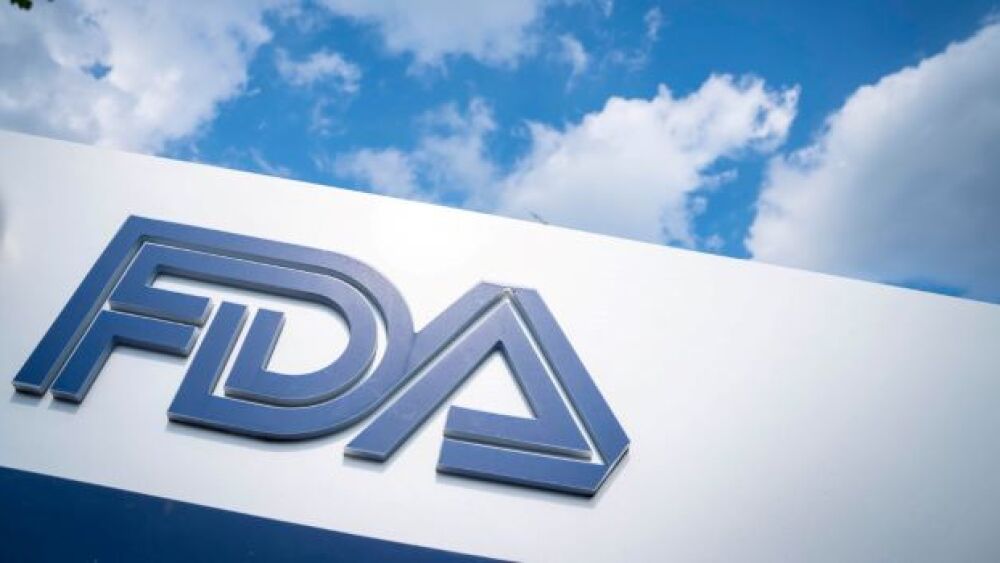The U.S. Food and Drug Administration (FDA) has made the decision to grant Breakthrough Therapy Designation to Mirati Therapeutics’ adagrasib for the potential treatment of non-small cell lung cancer (NSCLC) in patients harboring the KRASG12C mutation after systemic therapy.
Sarah Silbiger/Getty Images
The U.S. Food and Drug Administration (FDA) has made the decision to grant Breakthrough Therapy Designation to Mirati Therapeutics’ adagrasib for the potential treatment of non-small cell lung cancer (NSCLC) in patients harboring the KRASG12C mutation after systemic therapy.
Mirati’s investigational adagrasib is a highly selective oral small-molecule inhibitor of KRASG12C, the most frequently reported KRAS mutation in patients with NSCLC. The mutation is found in up to 14% of patients with lung cancer and represents a biomarker predictive of poor prognosis.
The investigational therapy was designed to sustain target inhibition, which may be clinically important in KRASG12C-mutated cancers given the KRASG12C protein regenerates itself every 24 to 48 hours.
Previous studies have shown single-agent responses of adagrasib in NSCLC, in addition to pancreatic cancer, colorectal cancer as well as other solid tumors featuring KRASG12C mutations. Studies have also demonstrated adagrasib has a long half-life, is distributed extensively throughout the tissue and is generally well tolerated.
Several clinical trials are evaluating adagrasib in combination with other agents, with the current consensus showing a strong rationale in advanced solid tumors. Currently, the ongoing registration-enabling studies are in colorectal cancer and NSCLC.
The FDA’s Breakthrough Therapy Designation for adagrasib was supported by preliminary evidence from KRYSTAL-01, a registrational Phase 1/2 trial featuring patients with advanced NSCLC. Patients in this study had cancer that progressed after prior immunotherapy and/or chemotherapy.
“We are pleased to receive this breakthrough therapy designation for adagrasib, which emphasizes the significant need for new treatment options for patients with lung cancer who harbor the KRASG12C mutation,” according to a statement made by Mirati’s president and chief executive officer, Charles M. Baum, M.D., Ph.D. “We look forward to submitting a New Drug Application for adagrasib in the second half of this year and further advancing adagrasib across a broad development plan with the goal of improving clinical outcomes in patients with KRASG12C mutated cancers.”
Following the news of the designation for adagrasib, shares in the company rose 1.56% to $165 in premarket trading.
Earlier this month, Mirati entered into a collaboration agreement with Zai Lab to develop and commercialize adagrasib in Greater China. “Lung cancer is the most common cancer in China, and we aim to make adagrasib an important product in our growing lung cancer franchise,” said Zai Lab’s founder and CEO, Samantha Du, Ph.D., in a statement. “We are also excited about the potential of adagrasib to treat colorectal, pancreatic and other cancers characterized by KRASG12C mutations.”
The terms of the collaboration agreement grant Zai Lab rights to research, develop, manufacture and commercialize adagrasib exclusively in Greater China. The China-based company will also lend support in accelerating patient enrollment in global, registration-enabling trials of the agent in patients with cancer who harbor the KRASG12C mutation.
Under the agreement, Mirati will receive an upfront payment of $65 million, with potential to receive $273 million in additional development, regulatory and sales-based milestone payouts.





